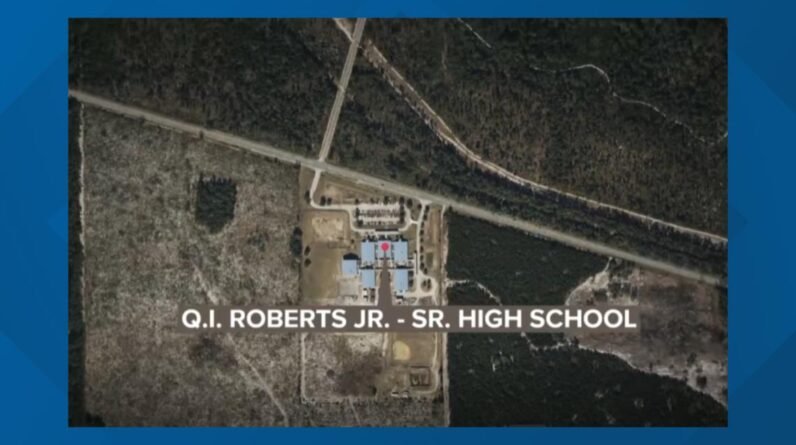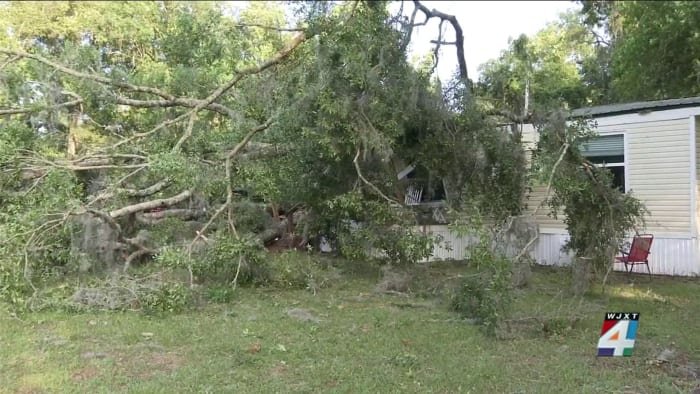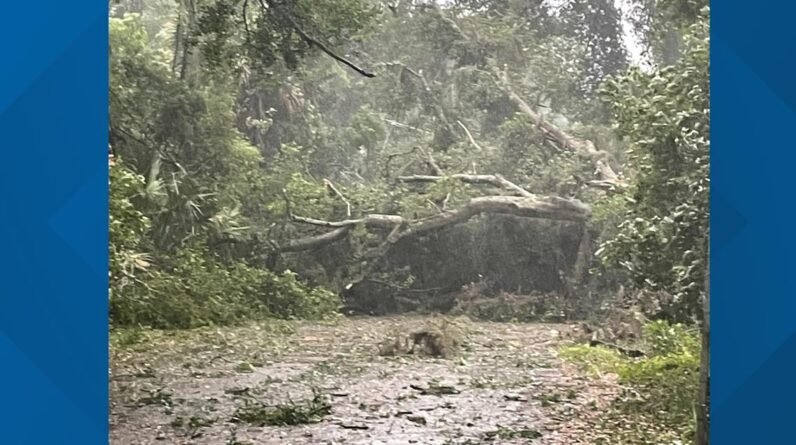
Despite a recent fine against Ameris Bank, former city councilman says fixing decade-old problems from redlining takes private and public partnerships.
JACKSONVILLE, Fla. — It’s a practice that dates back nearly a century and was outlawed more than 50 years ago, but the fight continues against the discriminatory lending process known as redlining.
U.S. Attorney General Merrick Garland was in Jacksonville on Thursday to announce a $9 million settlement between the federal government and Ameris Bank relating to redlining practices.
“Redlining is not just a relic of the past, some of the neighborhoods that we allege Ameris redlined are some of the same neighborhoods that federal agencies originally redlined in the 1930s,” said Garland on Thursday, which brought back memories for Warren Jones of what life was like as a young boy in the 1950s.
“Segregation was still alive and well in Jacksonville, I grew up with it,” said Jones, who is now a Duval County School Board member and former member of Jacksonville City Council. He and his parents were also the first black family to move onto Stockton Street in the late 1950s, which was all-white at the time.
Jones said that redlining practices from the 30s, 40s, 50s and 60s are having a negative effect on Jacksonville to this day.
“The vestiges of redlining is evident in older neighborhoods,” said Jones, “as you ride through Jacksonville and look at older neighborhoods you see homes that are boarded up because people could not get affordable mortgages.”
Redlining was outlawed in the 1968 Fair Housing Act. The New Town neighborhood of Jacksonville was subjected to redlining more than 60 years ago and while some homes today are well kempt, others remain boarded up and vacant.
“People who grew up in these neighborhoods who are doing well are not moving back in there because you don’t have the shopping,” said Jones, “grocery stores are not convenient, retail shops are not convenient.”
Ameris Bank denies the allegations brought against it and said they paid the $9 million settlement to avoid the distraction of litigation. $7.5 million of the $9 million will be directed to loan subsidies for residents of Black and Hispanic neighborhoods. Another $600,000 will be set aside for community partnerships, but Ameris said the programs and ways to sign up for those programs have not been set up as of publication of this article.
You can read the full statement by Ameris regarding their settlement with the Department of Justice here: https://newsroom.amerisbank.com/2023-10-19-Ameris-Bank-Announces-Settlement-with-Department-of-Justice
Jones believes that $9 million for the people of Jacksonville who lived in discriminatory conditions is a start, but it won’t fix everything overnight.
“It’s going to take both the public and private sector coming together to resolve,” said Jones, “coming in, building a nice home, and you have an open ditch or a septic tank, it’s not very attractive to an average homebuyer. Local governments have a responsibility to improve the infrastructure in these older neighborhoods so people will want to move back there and you can increase the income of that neighborhood and bring back the grocery stores and services that people long for and want in a convenient location.”







